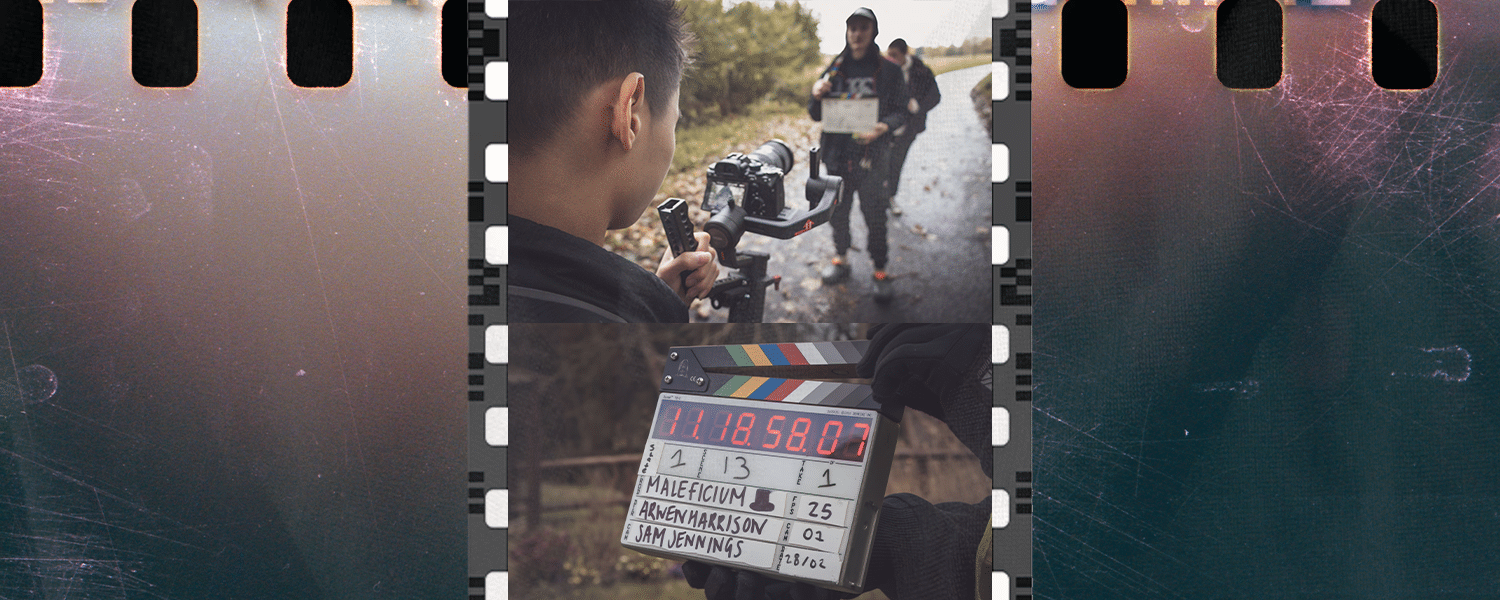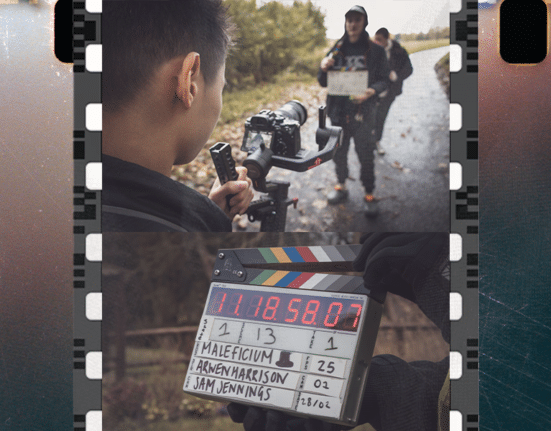LINO Brocka, Ishmael Bernal, Erik Matti. These are the names of some of the most renowned directors of the Philippines, best known for their meaningful films that reflect the harsh realities of living in the country.
Ishmael Bernal’s Himala is perhaps one of the Philippines’ most beloved films, serving as a criticism of Filipinos’ obsession with religion and the dangers of fanaticism when allowed to go too far. And Chito S. Roño’s Dekada ‘70 is a powerful film that shows the reality of what it was like to live during the horrible period of Martial Law in the Philippines, highlighting the people’s need to fight back against tyranny no matter what the cost may be.
And even now, directors in the country continue to produce well-thought-out films that discuss issues found within society. Everyone and their mother has watched Jerrold Tarog’s Heneral Luna, which tells the story of the titular character and his love for the country that eventually caused his demise. And even lighter films, like Antoinette Jadone’s romantic comedy film That Thing Called Tadhana, have managed to strike a chord with Filipino audiences for its realistic take on love and heartbreak.
It’s no wonder then why there are so many people who hope to be filmmakers someday as well; most recently, the Philippines ranked 15th as having the most number of feature films produced between the years 2005 and 2010. Before then, it was in 29th place; one can only imagine how much that number has risen in the present.
But filmmaking is about more than just thinking of a story. It requires hard work and dedication–it requires putting in hours which not everyone has the capacity to do. For those who may think that film is an easy course, you have another think coming.
A growing interest
Paul Van Guzman, 22, is currently studying AB Film at the De La Salle College of Saint Benilde. He’s in his fourth year, and during his time in his film school, he’s managed to make a total of over 20 short films with a variety of themes and stories.
As a child, sci-fi films were the first to draw him in. But as time progressed, he found himself falling in love with the art of film because of the works of Wes Anderson, with his symmetrical shots and quirky storytelling.
He and his family would watch films after they attended mass every Sunday, and his ritual of watching films continued until high school when he decided that he wanted to pursue a career in moviemaking.
Now, Guzman is on the cusp of graduating, having just finished his thesis film, which is a short story between a father and his son set in the future. It’s simple but impactful, and it carries a touch of the love Guzman has for sci-fi films–seemingly an homage to what helped spark his interest in film in the first place.
“I wanted to emphasize human connections, and I tried my best to make my characters have complex personalities,” he said.
“I also try incorporating the idea of showing instead of telling in the stuff I make, because film at its core is a visual art form. I try to show important information instead of the audience. That’s what makes film such an effective medium: it allows you to become an active viewer instead of a passive one,” he added.
Going all out
While many may look at film as a simple medium, there’s so much more to it than what one may think. The effort, time, and money it takes to produce one short film alone can, at times, be grueling.
At Guzman’s school, the tuition fee ranges from around P150000 to P200, 000 on a yearly basis, though it does have programs for scholars. And when it comes to equipment, Guzman says that the price range for these can reach as high as hundreds of thousands–or even millions–of pesos.
For his thesis film, for example, Guzman’s budget for his camera, lighting, and audio equipment alone was P40,000.
On top of that, students also have to pay for the film’s production design, wardrobe, talents, food, transportation, and much, much more. Guzman spent P15,000 for the production design and wardrobe of his film, and then allotted P15,000 more for his talent fee. The camera rental cost P16,000, and the costs for the location’s rent and food stood at P30,000.
And Guzman’s stress didn’t stop at his budget; he recounted how, during the film’s production, his motivation and drive were at an all-time low because of the COVID-19 lockdown. He also stated that one of the hardest parts of filmmaking in his eyes is the pre-production stage.
“Not only are you organizing and planning the actual production phase of a project, but you are also constantly going back and forth to your screenplay,” he said.
Guzman dreaded the process of having to accomplish so much before starting the production of the film, but knew that it was necessary to ensure that he wouldn’t screw anything up.
Buts ahe pushed on with the film’s production, he slowly managed to bring his motivation back, channeling all of his negative energy and incorporating all the things he felt–loss, regret, and the importance of time–into it.
Though filmmaking may put a dent in one’s wallet and can put a hamper on your social life, Guzman said it’s all worth it in the end.
“The atmosphere of being around like-minded individuals and learning about something you are passionate about is great,” he said.
Love for the game
Since Guzman first enrolled in film school, he found himself growing in several ways: from the way he writes his films down to the way he shoots them. Film school has been a great help for him in learning about cinematography, writing, design, and the like–and it’s a great place to get film recommendations, too.
And given that he’s lent a helping hand to countless projects and has also managed quite a bit of his own, Guzman has also found himself turning into a more understanding, patient, and self-aware person. He attributes this to the people he’s worked with, stating that when it comes to filmmaking, the process is always going to be a team effort.
“If you truly love film, why not?” Guzman said when asked if he would recommend becoming a filmmaker to others.
“It’s such a young art form; there’s so much more to be done with this medium and the more [that] people flock to it, the faster it will grow, and more stories will be told,” he said.
You don’t always need the most expensive equipment or the attendance of film school to make it in the industry; there are things you can learn on the internet, from other people, or onsite experience.
What you need most is a passion and a drive to fulfill that passion–to write about what you want to write about, and to tell the story that you think needs to be heard. Write with love, and send it out into the world in any way that you can.
In the words of Guzman, “Creating a film is a wonderful process, so have fun; it will be hard, and there will be ups and downs, but don’t give up–it will all be worth it in the end.”








